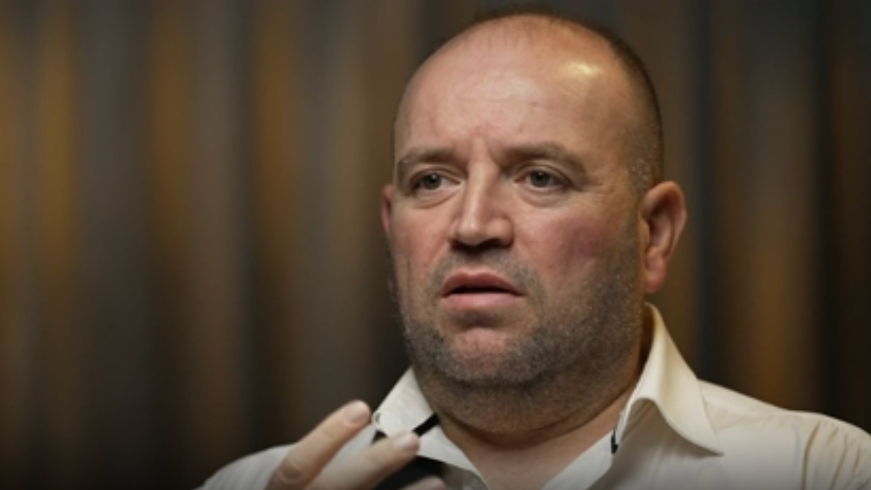A programme offering free legal advice for asylum seekers facing destitution must be scaled up by the Scottish Government, according to a new report.
The Heriot-Watt University study, funded by the Joseph Rowntree Foundation, found 1,205 people had been supported by the Fair Way Scotland programme in its first year.
The scheme was set up last year by third-sector organisations, including the Scottish Refugee Council, to give housing, legal and financial advice to those who cannot access essential services because of their immigration status.
The report’s publication comes after Home Secretary Suella Braverman told the Conservative Party conference earlier this week that politicians had become “too squeamish” to tackle immigration as she said the UK Government would close asylum hotels.
Experts assessing the policies have now urged the UK Government to overhaul the immigration plans and commit to ending destitution by design.
However, Scottish ministers were told to show “clearer political leadership” by supporting the Fair Way programme in setting out concrete plans to fully mitigate the policies, with the report urging the Government to commit to helping people with no recourse to public funds, as set out in the Bute House Agreement.
According to the report, Fair Way Scotland said 730 of those who accessed the service received casework support in an attempt to regularise their immigration status and protect them from being made homeless.
Six people were accommodated by the partnership in Glasgow with linked £50 weekly cash payments while 60 people in the city, 291 in Edinburgh and 21 in Aberdeen accessed support and advice.
The scheme also helps European nationals who do not have settled status following Brexit.
The Scottish Government and Cosla, the local government umbrella body, are also strategic partners in the scheme as part of its commitment to ending destitution.
Beth Watts-Cobbe, report author and senior research fellow at I-Sphere, Heriot-Watt University, said: “Our report shows the distance travelled in the first year of the partnership despite political and economic uncertainty, tight council budgets and high housing demand, and the priorities ahead.
“Intolerance of rough sleeping and destitution is a marker of a civilised society. The UK and Scottish governments will rightly be judged on taking the harms experienced by those with no recourse to public funds or welfare support seriously.”
Deborah Hay, senior policy adviser (Scotland) at the Joseph Rowntree Foundation, said: “Destitution should never be a tool of public policy. Yet the UK Government is doing just that by locking people out of essential support, inflicting needless misery on thousands of people who want to make Scotland their home.
“Fair Way partners have demonstrated that ending destitution in Scotland is possible, despite the challenges. Scaling up Fair Way is now critical given rising demand for help, but mitigation programmes like this shouldn’t be necessary. The UK Government must commit to an urgent change of course and end destitution by design.”
A Scottish Government spokesperson said: “Nobody should be forced into destitution or made homeless in our communities.
“Scottish ministers have repeatedly raised the impact that the UK Government’s No Recourse to Public Funds (NRPF) policy is having on people in Scotland and have called for improvements to ensure people have access to housing and essential services they need.
“We provide an annual grant to Homeless Network Scotland to facilitate Fair Way Scotland.
“The Scottish Government’s funding supports the advice and advocacy elements of the project.”
They added: “The Scottish Government and Cosla developed the Ending Destitution Together strategy to prevent and mitigate destitution arising because of reserved immigration legislation and rules.
“We will continue to engage with local authorities and the third sector as we work to do what we can within devolved powers to support people at risk of or experiencing homelessness and destitution due to NRPF.”
Follow STV News on WhatsApp
Scan the QR code on your mobile device for all the latest news from around the country





























